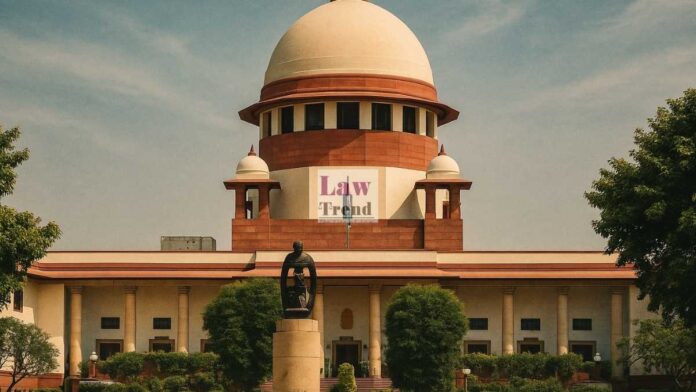The Supreme Court of India, in a significant ruling on public procurement, has quashed a tender condition imposed by the Chhattisgarh government that required bidders to have prior experience supplying goods specifically to its state agencies. A division bench comprising Justice Sanjay Kumar and Justice Alok Aradhe held that such a condition is arbitrary, discriminatory,
To Read More Please Subscribe to VIP Membership for Unlimited Access to All the Articles, Download Available Copies of Judgments/Order, Acess to Central/State Bare Acts, Advertisement Free Content, Access to More than 4000 Legal Drafts( Readymade Editable Formats of Suits, Petitions, Writs, Legal Notices, Divorce Petitions, 138 Notices, Bail Applications etc.) in Hindi and English.




